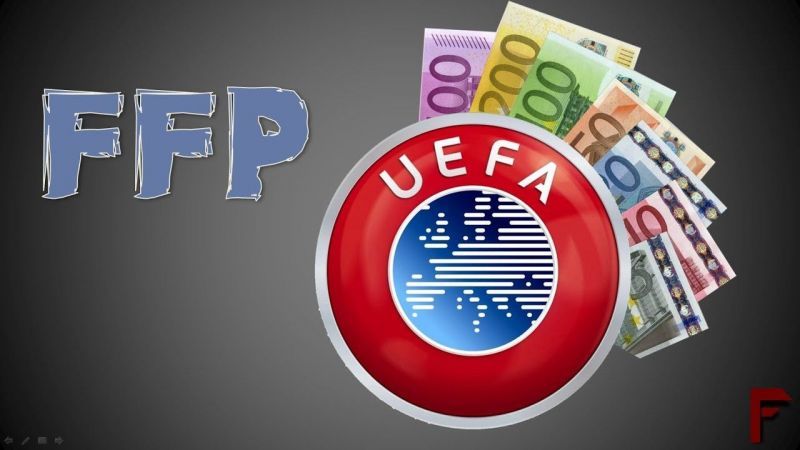
Football transfers, Financial Fair Play, and European Super League
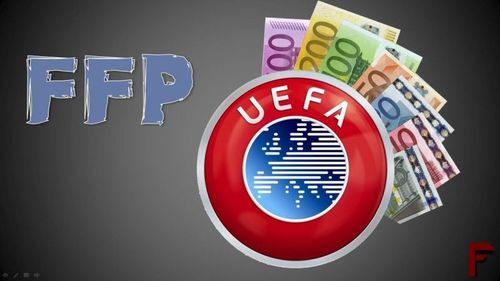
We take a look at the financial aspects of football in relation to the recent transfer window. We will also take a look at why some clubs are adamant about creating the European Super League.
Over the last few years, the transfer market has seen a huge jump in transfer prices. This is because of the new EPL TV rights deal, the flow of Middle East countries' money and the traditional financial powerhouses like Barcelona.
Then, the Covid-19 pandemic hit and the football clubs suffered immense losses due to it. This has led to a general perception that the transfer window of summer 2021 won't be as exciting as the transfer window of the past.
But nothing is given in life and that is how it turned out with the transfer window as well. We saw one of the craziest windows of all time in which players like Ronaldo, Messi and Ramos all transferred to different clubs.
The big news wasn't the transfers that went through, it was the transfer that didn't happen
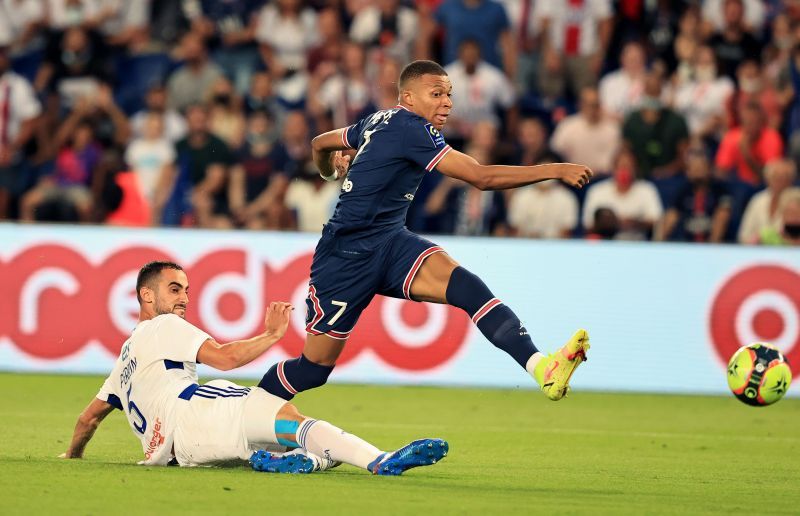
However, if you follow the financial aspects of the game then the thing that should have caught your eye the most is a non-transfer. This non-transfer was that of Kylian Mbappe.
PSG Sporting Director Leonardo in an interview clearly stated that Mbappe wants to secure a transfer to Madrid from PSG. He also stated that Mbappe is reluctant to sign an extension to the contract that expires in June 2022.
Real Madrid made two or three different bids worth in the region of €160 million to €200 million to secure the transfer of Mbappe. Surprisingly (or not), PSG rejected the first bid and didn't respond to others. Their Sporting Director said the offers were not enough.
Anybody who follows football, knows that a bid of ~€200 million for a player with one year left on contract is more than enough. No football club would like to run the risk of losing a player for free and miss out on €200 million. Even in today's time, a club can use that much money to strengthen two to three positions.
But that is for normal football clubs who rely upon self-generated revenues and have to look after their finances hawkishly. But for a club like PSG, whose owner is one of the richest countries in the world, it is like a pocket change. They can reject it and tell the world that the transfer bid was not enough.
This is where the financial fair play rules come into play, or at least were supposed to. Financial fair play was introduced in 2009 by UEFA, the governing body of football in Europe. Its aim was to improve the financial health of the football clubs and to prevent clubs from spending more than they earn.
Before the start of the transfer window, PSG hoped to bring in €180 million in player sales to balance their books.
PSG didn't come any closer to matching these figures, instead they transferred in players like Ramos and Messi to their squad. While Ramos, Messi, Wijnaldum and Donnarumma were free agents, it is important to note that these players have huge wage bills.
Additionally, they secured the transfer of Achraf Hakimi from Inter Milan for €71 million and paid €7 million as loan fee to Sporting Lisbon for Nuno Mendes. They also have an option to buy Mendes for €40 million.
![[From left] Hakimi, Wijnaldum, Donnarumma, Ramos and Messi being presented to PSG fans](https://statico.sportskeeda.com/editor/2021/09/b52fa-16320762924048-800.jpg)
The question that is natural to ask is what happened to financial fair play or from where did PSG get all this money. PSG suffered losses of €125 million in 2019-20, with 2020-21 losses estimated to the tune of €200 million.
UEFA has stalled financial fair play for 2020 and said that the break-even assessments under it will be seen alongside 2021. It was hoped that this would neutralize the impact of the pandemic.
But PSG's losses will most likely overshoot the break-even limits under UEFA FFP norms, especially with their recent activities in the transfer market.
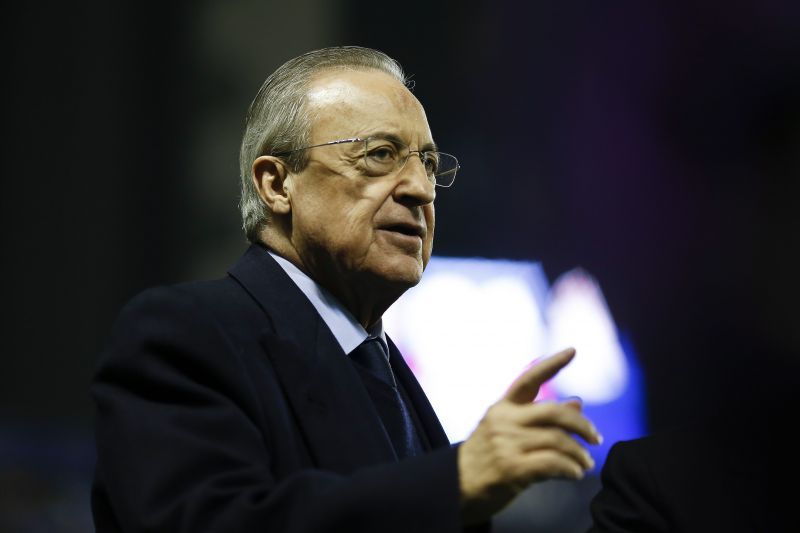
That is where the European Super League comes in the picture, which is to be organized between 20 clubs annually. The competition was to be organized along the lines of the UEFA Champions League and would have helped the founding clubs earn higher revenues.
This is why traditional powerhouses like Real Madrid and Barcelona are insisting on going ahead with it even though UEFA is against it.
To remain competitive over the long-term, financial power is a very important determinant. We have all seen what happens to clubs like AC Milan with a reduction in their financial standing.
We have also seen how Barcelona failed to keep Lionel Messi due to the wage limits of La Liga. They also have to transfer players like Antoine Griezmann out and sign Luuk De Jong to balance their books. In the 2020 transfer window they swapped Arthur for Pjanic with Juventus to balance the books.
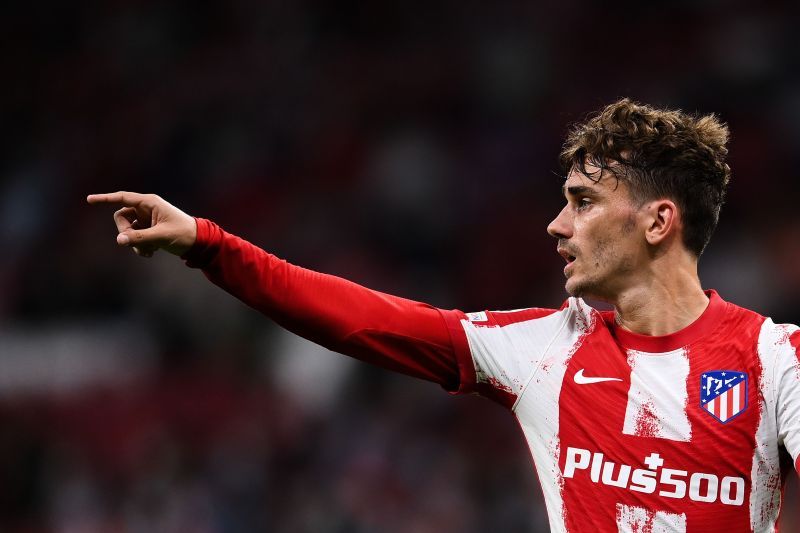
Premier League clubs are well paid for their TV rights deal and PSG is supported by one of the richest nations in the world. Meanwhile, UEFA's FFP norms are not being implemented properly.
So it's important for these clubs to look for avenues to increase their revenues so that they can compete financially over the long term. It is important so that they can maintain their status and compete for top players in the transfer window.
The idea of ESL was opposed by a large quarter of football fans due to the competition structure along with UEFA and domestic leagues. As per the proposal, the founder clubs will remain a part of the competition irrespective of their performances. Meanwhile, the other clubs have to fight for the rest of the spots.
Premier League clubs in particular came in line with heavy fire not only from fans but also from the British government and they withdrew. After this other clubs also withdrew from the competition apart from Barcelona, Real Madrid and Juventus. This meant that the idea of ESL was curtailed, if only for the time being.
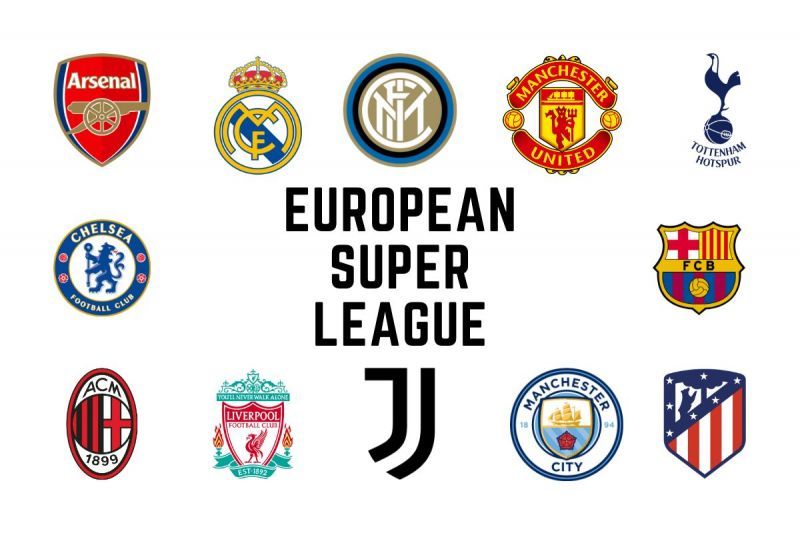
If UEFA fails to implement FFP norms and doesn't find avenues to help clubs increase their revenues, ESL may well be resurrected. Clubs who do not have deep pockets like state-run clubs will have to find a way to help themselves increase their revenues.
It would be in the best interest of football if regulatory bodies were to implement FFP norms properly. This will help to have a level playing field and ensure that clubs do not play around with the rules. As football fans, we should hope and pray that the breakaway ESL clubs and UEFA can find a middle path. This would be in the best interest of the game.